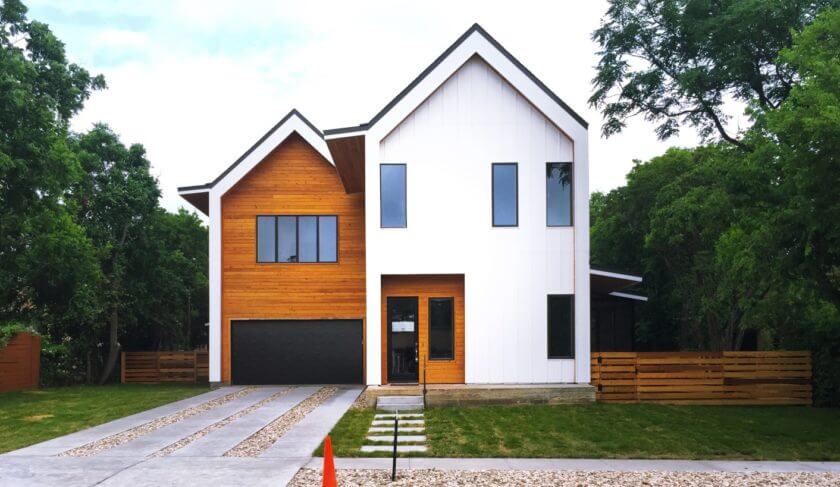
Home prices are finally coming down. Granted, it’s only a small dip, but it’s something, and experts say prices will continue to drop throughout 2023. The median home price dropped to $363,000 in February, down from a high of $386,853 in May of last year. This month’s drop ended a decade of year-over-year increases, according to a report from the National Association of Realtors.
If you’re shopping for a home now, this is probably music to your ears. A beautiful new space can be a wonderful investment, but there are many challenges that come with buying a home. If you’ve never taken the first steps into home ownership, how do you know if you’re financially ready to buy a home?
At HerMoney, we consolidated some of the best tips for first-time home buyers looking to get into the real estate game, so that you can make sure you’re making the right decision for you and your future.
Have You Checked In With Your Finances — ALL Of Your Finances?
“Before making a home purchase, make sure your financial house is in order,” explains Amy Richardson, CFP. Make sure you have sufficient emergency funds, that you’re contributing to your retirement accounts, and paying off any high-interest debt (like credit card debt) you may have, Richardson stresses.
Also, consider the maintenance costs on your home, which can vary greatly from month to month, and will be an ongoing cost, explains CFP Justin Pritchard. This includes potential issues that can arise from plumbing to roofing, or infrastructure mishaps. “Some people suggest budgeting 1% [the total value of your home] for annual maintenance, but it can certainly be higher than that, especially if you buy a property that’s been neglected in recent years,” he says. (Some sources say that given inflation, you should actually set aside as much as 5% of your home’s total value.) In other words, you have to be prepared to tackle your mortgage payments today, and your home maintenance costs tomorrow.
Lastly, if your home needs renovations, you’ll need to factor those costs into the total cost of your new home.
Do You Know Your Debt?
One of the biggest pieces of the puzzle when it comes to understanding your financial situation is having a comprehensive view of your debt — and a plan for paying it off. “You’re not required to be completely debt-free to purchase a home, but you should keep your debt-to-income (DTI) ratio in mind,” Richardson says.
She also suggests that you make your payments on time, and look into refinancing if student loans are an issue. “New laws allowing people to refinance their student loans to lower interest rates can have a positive impact on your overall finances and ability to save for your future home purchase by allowing you to free up more of your income for your down payment savings strategy and/or mortgage payment,” she says.
Is This The Right Time?
Before buying a home, you have to make sure that you fully understand the implications of such a major purchase. One of these, Pritchard explains, involves staying in one place. In the three years since the pandemic, many of us have become digital nomads, and we might not have a job that ties us to a single location. If you’re not sure if you’re ready to put down roots, or if you suspect that you might need to take an in-office job in a different city in the near future, then it’s time to take a pause.
“Buying a home makes the most sense when you have some location stability,” he says. “If you’re going to move in the next few years, it might make sense to rent.”
This also involves taking a comprehensive look at the other items on this checklist to determine if this is really the right time for you to buy a home.
Is This What You Really Want?
Buying a home for the first time is a big deal. It may be a home that you live in for years to come, so it’s important that you’re emotionally comfortable with making such a major purchase, and that you truly love the home. If you’re feeling the love for your home, the location, and you have a good handle on your finances, then that’s all any buyer could ask for. “You might just be ready!” Richardson says.
LEARN MORE:
- Priced out of your favorite city? Consider these instead
- As affordability gap widens, some wonder if expensive cities are worth it
- Top 10 U.S. housing markets that could be hit hardest by coronavirus







